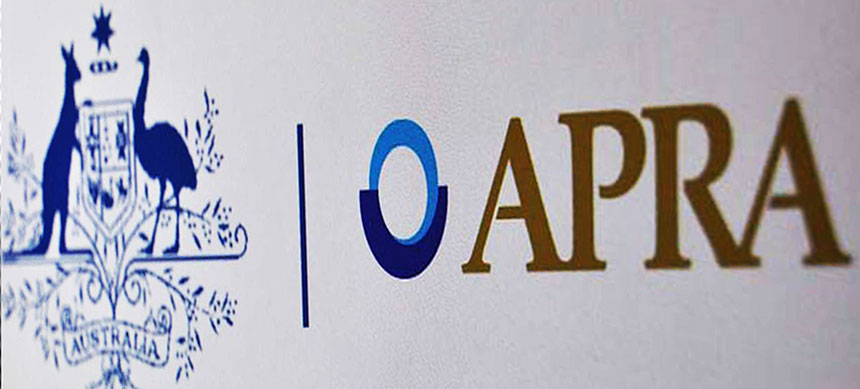The Australian Prudential Regulation Authority (APRA) has required several banks to tighten the intra-group funding arrangements for their Australian operations.

Following a review of funding agreements across the authorised deposit-taking (ADI) industry, APRA has notified Macquarie Bank Limited, Rabobank Australia Limited and HSBC Bank Australia Limited that the reporting of their intra-group funding as stable has been in breach of the prudential liquidity standard.
APRA’s review found these banks were improperly reporting the stability of the funding they received from other entities within the group. These banks had provisions in their funding agreements that would potentially allow the group funding to be withdrawn in a stress scenario, undermining the stability of the Australian bank.
APRA is requiring these banks to strengthen intra-group agreements to ensure term funding cannot be withdrawn in a financial stress scenario. APRA is also requiring these banks to restate their past funding and liquidity ratios where these had been reported incorrectly, to provide transparency to investors and the broader community. Supervisors are considering a range of further options, including the imposition of higher funding and liquidity requirements on these ADIs.
APRA Deputy Chair John Lonsdale said: “Macquarie Bank, Rabobank Australia and HSBC Australia are financially sound, with strong liquidity and funding positions in the current stable environment. However, to ensure they would be able to withstand a scenario of financial stress, group funding agreements for Australian banks must be watertight, so they can be relied on when they would be most needed.”
To assist ADIs in complying with the prudential regulations, APRA has published a new frequently asked question (question 17), available on the following page: Liquidity – frequently asked questions
17. How should clauses which accelerate the repayment of funds owing under funding programs or agreements (such as in the event of a material adverse change) affect the treatment of the funding under APS 210 Attachment A paragraph 45 and APS 210 Attachment C paragraph 8?
APRA expects that a clause which allows a lender (or depositor) to accelerate repayment if the ADI is under financial stress but is still solvent and meeting its financial obligations under the program/agreement will be included in the LCR as funding that has its earliest possible contractual maturity date within the LCR horizon of 30 days. A run-off rate according to the requirements of APS 210 Attachment A paragraph 53 must then be applied. Similarly, APRA expects for NSFR purposes that the ADI will assume a residual maturity of less than six months, being the earliest date at which the funds under the funding agreement containing the relevant acceleration clause may be redeemed, and assign an ASF factor in accordance with the requirements of APS 210 Attachment C paragraph 15. The clauses that were of concern allow the lender (or depositor) to accelerate maturity, making funds owed under the funding agreement immediately due and payable (regardless of the maturity date) upon the borrowing ADI hitting a particular trigger or coming under (or potentially coming under) stress. Such clauses could allow the lender (or depositor) to withdraw funds when they are most needed by the borrowing ADI. Further, the funds might be withdrawn in priority to other creditors, including retail depositors. Examples of such clauses include, but are not limited to:
- any material adverse change of the borrowing ADI which could affect the ability of the borrowing ADI to satisfy its obligations;
- meeting a specified market-based or similar trigger (for example, hitting a credit default swap spread or equity price), regardless of the likelihood of meeting that trigger;
- any representation or warranty made at issuance later becomes untrue or misleading either when made or repeated;
- a downgrade in excess of 3 notches in the borrowing ADI’s long-term credit rating; and
- any litigation or governmental investigation or proceeding pending or threatened against the borrowing ADI.
APRA appreciates the difficulty of precisely prescribing whether a clause will result in the funding being included within the 30-day horizon of the LCR. APRA expects ADIs to apply a robust process of challenge to such a determination. However, at a high level, a clause that potentially triggers early repayment where the ADI is still meeting its financial obligations under the facility, has not failed and continues to operate as an ADI should warrant careful scrutiny. If the ADI remains in doubt, it should send a query to APRA rather than risk a potential breach of the requirements in APS 210. In addition to consideration of the appropriate LCR and NSFR requirements in APS 210, if an ADI has a term or condition in a funding agreement with a related entity which is not typically contained in its external funding programs and agreements, the ADI should also consider the requirements of APS 222 paragraph 9.
